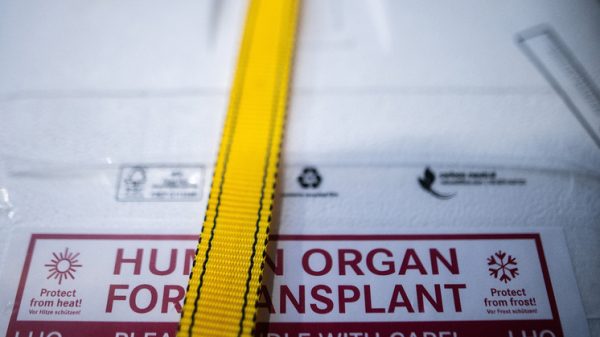
Cars of the Bavarian brand, equipped with a 2.0-liter diesel engine, which were produced between 2010 and 2014, came under suspicion.
The start of the so-called “diesel scandal” was given back in 2015: then the German concern Volkswagen was at the epicenter, and a series of investigations began in the States. Let us recall that regulators accused the automaker of deliberately distorting information about the real volume of emissions of harmful substances from some diesel engines that were equipped with cars of brands that are part of the VW concern. The manufacturer admitted guilt in using special software to underestimate test performance.
 In the photo: diesel four-cylinder 2.0-liter BMW engine
In the photo: diesel four-cylinder 2.0-liter BMW engine
Later, other companies joined this process, including FCA (Fiat Chrysler Automobiles is an old name that is not used after the concern merged with PSA to form the auto giant Stellantis). Let us recall that at that time Jeep Grand Cherokee SUVs and Ram 1500 pickups, which rolled off the assembly line in 2014-2015, were accused of using “cunning software”.
 In the photo: BMW X3 (2010-2014)
In the photo: BMW X3 (2010-2014)
Despite the fact that more than eight years have passed since the start of Dieselgate, automakers continue to be caught with “dirty emissions.” Now the process has affected BMW: European regulators have launched an investigation into the level of harmful substances in the exhaust of the 2.0-liter diesel engine that was equipped with the X3 crossover, produced from 2010 to 2014.
Deutsche Umwelt Hilfe (DUH) reported to German authorities last summer that it had discovered an “illegal device” that allowed some BMW diesel cars to reduce their actual emissions during tests. According to Bild, the Kraftfahrt-Bundesamt (KBA) has now launched an investigation into BMW based on this report.

There have been no official comments from the Bavarian automaker yet (other than confirmation that an investigation is underway). According to the German publication, which cites internal BMW documents, the company intends to dismiss the allegations, writing off the identified device as a “manufacturing defect.”
Presumably, if the car company succeeds, it will have to declare about the recall of only those cars that “appear” in the investigation, that is, BMW X3 crossovers with 2.0-liter diesel engines that were produced during the period specified in the DUH report.

But in the event that the KBA discovers evidence of fraud on the part of BMW during the ongoing investigation, it is more likely In all, the manufacturer will face administrative and criminal penalties. In addition, the regulator is likely to check other brand models equipped with the same four-cylinder diesel engines to hide the real level of harmful substances.
Meanwhile, BMW is preparing for the imminent presentation of the next generation X3 . Recently, a designer at Kolesa.ru showed what the appearance of the new crossover might look like.






















































Свежие комментарии